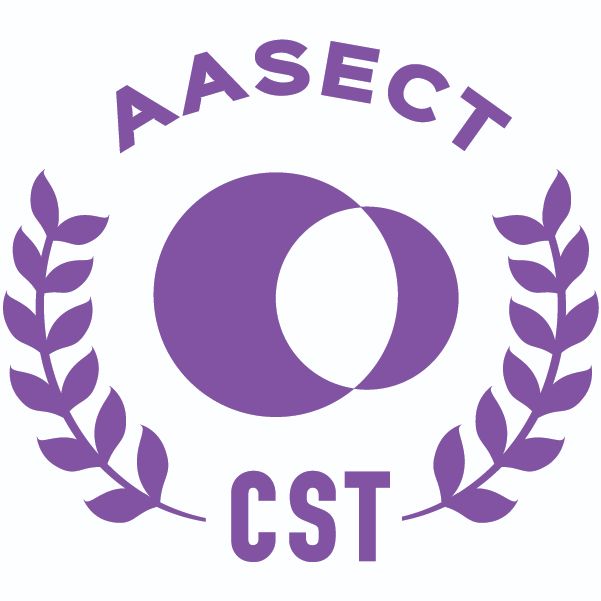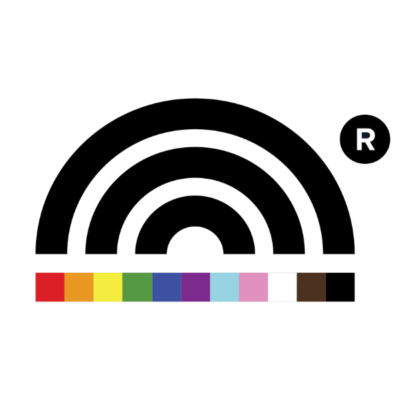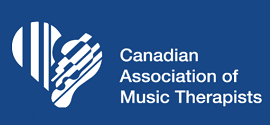Clinical Supervision for Registered Counselling Therapists Candidacy
All Registered Counselling Therapist Candidates must complete a post-graduate period of counselling practice under the supervision of an approved RCT, consisting of no less than 2000 total counselling hours including a minimum 800 hours of direct client contact time and a minimum of fifty (50) hours direct supervisor-candidate contact. Clients are informed by their Registered Counselling Therapist Candidate, prior to receiving service, they are working under supervision.The candidacy supervision period extends from a minimum two (2) years, to a maximum five (5) years from the date of registration as an RCT-C.
Requirements for Nova Scotia College of Counselling Therapists Candidacy Supervision
What is clinical supervision and why is it necessary?
Clinical Supervision is a formal contract between the Therapist and the Supervisor; the Supervisor is qualified and is approved by the regulatory body Nova Scotia College of Counselling Therapists. Ethical guidelines and confidentiality are upheld at all times in the supervisory relationship.
The needs of the client are paramount in the supervision process, ensuring they are receiving the best possible care. Therapists talk about various aspects of their work; one aspect is case consultation where supervisors provide feedback, suggestions, recommendations, or another perspective. Supervision also serves the Therapist and their own professional needs, ensuring the therapist is fully aware of self in the therapeutic process and the impact their work has on them. The practice of self care and safe and effective use of self are two primary, ongoing, considerations in supervision.
The supervisory relationship is long term, usually between 2-5 years where the therapist is supported, affirmed, and professionally nurtured. Supervision provides ongoing clinical education and training for both novice and seasoned therapists. There is so much value in supervision, therapists are encouraged to continue to seek out opportunities to consult even after meeting the supervisory requirments of their regulatory body.
Supervision Rates are $125 per 50 mins session













